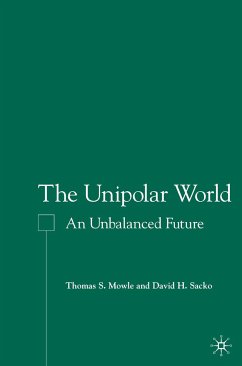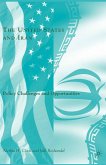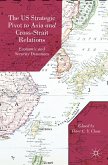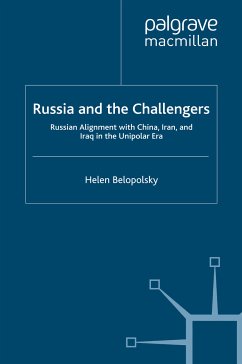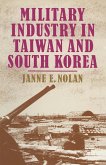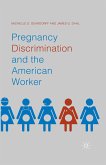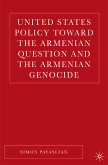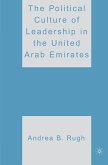This is the first book-length treatment of international politics in a unipolar world that adopts a structural realist perspective. It applies Waltz's microeconomic analogy to a market with a price leader. It concludes that unipolarity is sustainable as long as the unipole distributes rewards to other states.
Dieser Download kann aus rechtlichen Gründen nur mit Rechnungsadresse in A, B, BG, CY, CZ, D, DK, EW, E, FIN, F, GR, HR, H, IRL, I, LT, L, LR, M, NL, PL, P, R, S, SLO, SK ausgeliefert werden.
'The Unipolar World is simplythe most comprehensive and powerfulstudy to date of international politics in the post-Cold War era. To understand the workings of thisunprecedented structural-systemic epoch, the authors advance a new strand ofrealismbased onthe macroeconomic theory of price leadership. The book is rich in theoreticalinsights, hypothesis generation and testing, and policy relevance and guidance. Practitioners and theoristsof international relationsshould carefullyread this book.'
- Randall Schweller, Professor of International Relations, The Ohio State University
- Randall Schweller, Professor of International Relations, The Ohio State University

